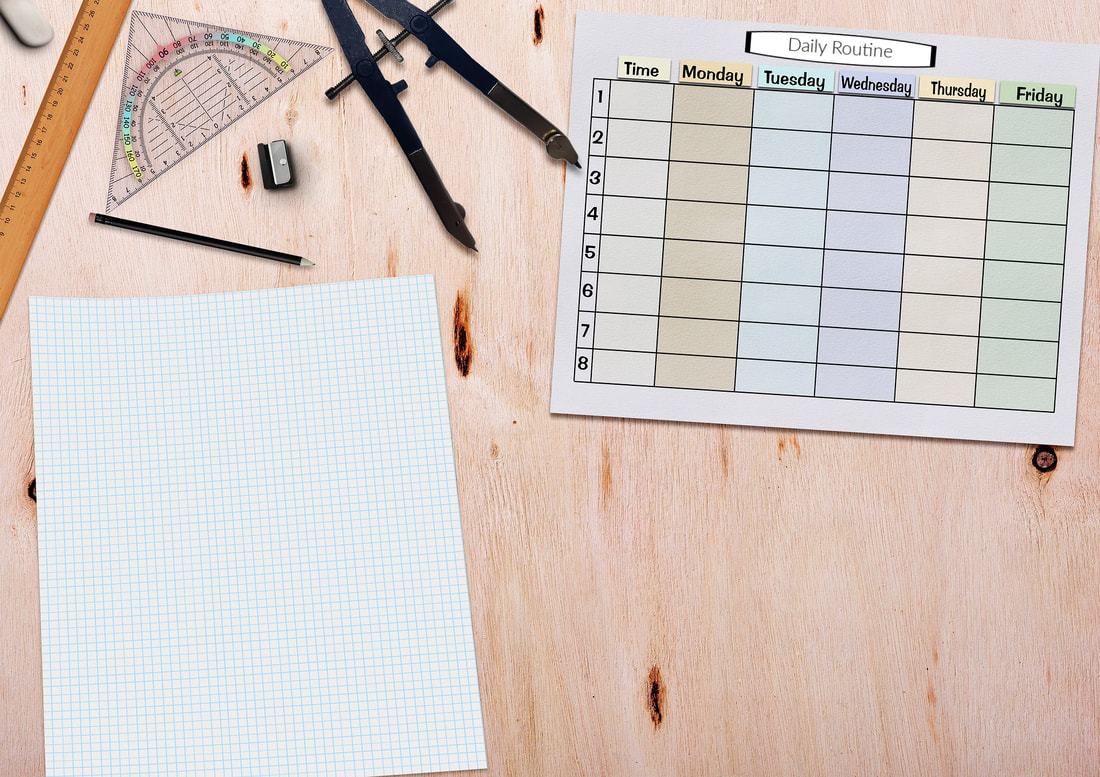The Brain is fully Developed by the Age of 25
Today, according to the latest research, the average American child has a smartphone by ten-years-old while in the fourth or fifth grade, but that’s quickly changing. Children in the second grade is quickly becoming the norm for having smartphones, constant access to video games, television, live streamed shows, and other technological devices for hours – sometimes all day long with very limited supervision.
Technology gurus Bill Gates and Steve Jobs had strict rules with regards to their children’s access to digital devices. They didn’t allow their children access to the devices they created or others until they were well into their teens (about fourteen-years-old). If that doesn’t raise a brow for caution, I really don’t know what else could.
Monitoring and Supervising Screen-time and Online activity is an Important part of Today’s Parenting
- Does your child need to be able to call or connect with you?
- Would your child turn his or her phone off or use the “Do Not Disturb” feature while they’re in the classroom?
- Is your child disciplined enough to put the phone down for several hours at a time when not needed?
Signs of Trouble
- Does he need his phone with him at all times?
- Does he have notifications on for all social media outlets, check his phone frequently (every few minutes – sometimes seconds) and responds to each notification?
- Did she stop doing things she use to enjoy doing?
- Does he prefer to stay in his room for hours at a time with the phone (all day if you allow it)?
- Is she engaging in social media activity during school hours?
- Does he lose his train of thought or forget tasks within seconds of being asked?
- Is the phone the first thing she wants when she gets up (sometimes she’ll get up earlier on school days just to access it)?
- Does he try to bargain keeping the phone at night (“It’s the weekend mom!”)?
- Have mood swings worsened, especially when denied access to devices (heightened tantrums, dramatic scenes, unusual confrontations)?
- Your child only seems happy when they have their device.
How to Establish Healthy and Balanced Routines
- At the kitchen table or during meals.
- During family gatherings or other visits.
- While studying or doing homework.
- While doing household chores.
- Overnight in their rooms.
- At least one hour before bedtime.










 RSS Feed
RSS Feed